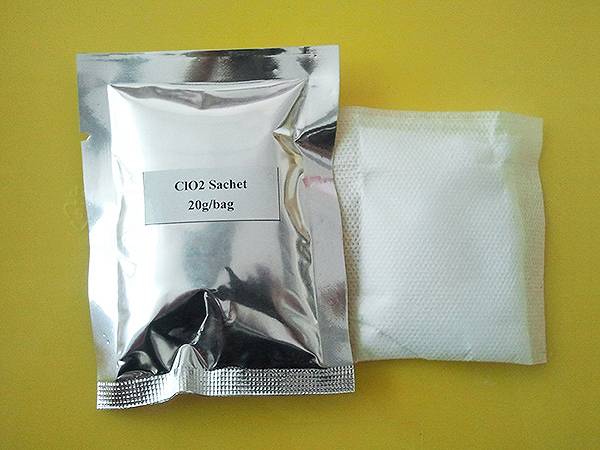



Managing Well Water in Chlorine Pools for Optimal Water Quality and Safety
Well Water and Chlorine Pools A Comprehensive Guide
When it comes to maintaining a swimming pool, water quality is of utmost importance. For many homeowners, the type of water used can greatly affect both the pool's chemistry and the health of swimmers. This article explores the implications of using well water in chlorine pools and offers tips for effectively managing water quality.
Understanding Well Water
Well water is sourced from underground aquifers and is commonly used in rural and suburban areas where municipal water systems are unavailable. While well water is often perceived as pure and chemical-free, it can contain various minerals, bacteria, and other contaminants, depending on its geological source. Common issues with well water include hardness (high levels of calcium and magnesium), iron content (which can cause staining), and potential microbial contamination.
Chlorine Pools and Water Chemistry
Chlorine pools use chlorine to disinfect the water, killing bacteria and preventing algae growth. Maintaining the right chemical balance in a chlorine pool is critical for safe swimming conditions. The key parameters to monitor include pH, chlorine levels, alkalinity, and calcium hardness. The ideal pH level for a swimming pool is between 7.2 and 7.6, and free chlorine levels should be maintained between 1.0 to 3.0 parts per million (ppm) for effective sanitation.
Challenges of Using Well Water in Chlorine Pools
Using well water in chlorine pools poses several challenges related to water chemistry. High levels of minerals and metals can react with chlorine, leading to less effective sanitation. For instance, iron present in well water can oxidize and form rust, affecting the pool's appearance and potentially clogging filters. Additionally, hard water can lead to calcium scaling on pool surfaces and equipment, which can be costly to repair.
Another concern is microbial contamination. While chlorination effectively kills many pathogens, chlorine may not eliminate all bacteria or viruses present in well water. Therefore, it’s critical to test well water for contaminants before filling your pool.
Testing and Treating Well Water
well water and chlorine pool

To ensure your well water is suitable for your chlorine pool, start with a comprehensive water test. Kits are available for purchase that measure pH, hardness, iron, and other important factors. If issues such as high iron levels or bacterial contamination are detected, several treatment methods are available
1. Filtration Systems Installing a water filtration system before filling your pool can help remove impurities. Systems like water softeners can reduce hardness, while iron filters specifically target iron content.
2. Shock Treatments If bacteria are detected, shocking the pool with a higher dose of chlorine can help disinfect the water. This process should be conducted carefully to avoid damaging pool surfaces or equipment.
3. Balancing Chemicals Once the pool is filled, regularly monitor and adjust the chemical balance. Adding stabilizers can help maintain chlorine levels more effectively and reduce degradation from sunlight.
Maintaining Your Chlorine Pool
Once the initial setup with well water is complete, regular maintenance is crucial. This includes
- Regular Testing Test water chemistry at least once a week during the swimming season and adjust as necessary. - Routine Cleaning Keep the pool clean by skimming debris, brushing walls, and vacuuming the bottom. - Filter Maintenance Regularly check and clean the pool filter to prevent buildup, ensuring optimal circulation and sanitation.
Final Thoughts
Utilizing well water in a chlorine pool is entirely feasible but requires careful consideration and proactive management. By understanding the unique properties of well water and implementing appropriate treatments and maintenance routines, pool owners can enjoy a safe and refreshing swimming environment. Remember, a little preparation goes a long way in preserving your pool's integrity and your family's health.
-
Why Sodium Persulfate Is Everywhere NowNewsJul.07,2025
-
Why Polyacrylamide Is in High DemandNewsJul.07,2025
-
Understanding Paint Chemicals and Their ApplicationsNewsJul.07,2025
-
Smart Use Of Mining ChemicalsNewsJul.07,2025
-
Practical Uses of Potassium MonopersulfateNewsJul.07,2025
-
Agrochemicals In Real FarmingNewsJul.07,2025
-
Sodium Chlorite Hot UsesNewsJul.01,2025










